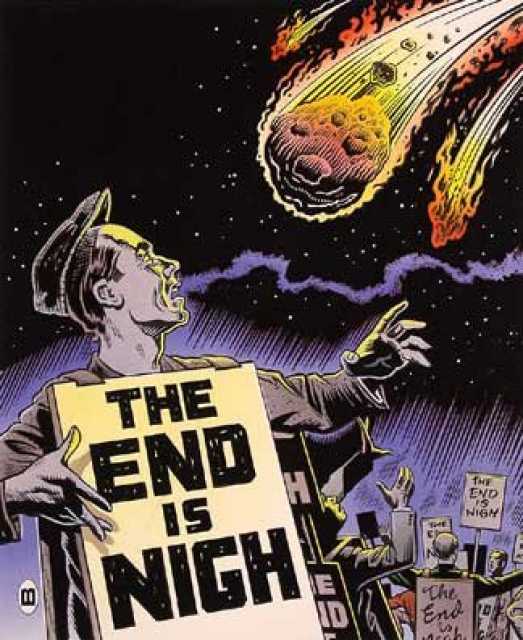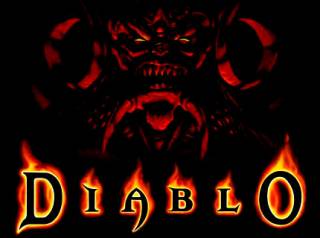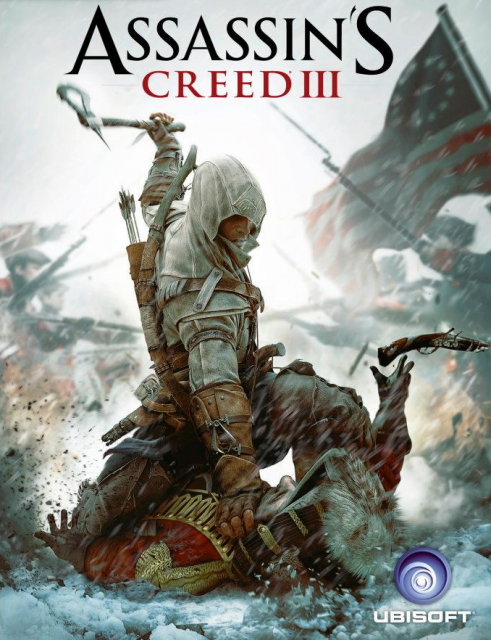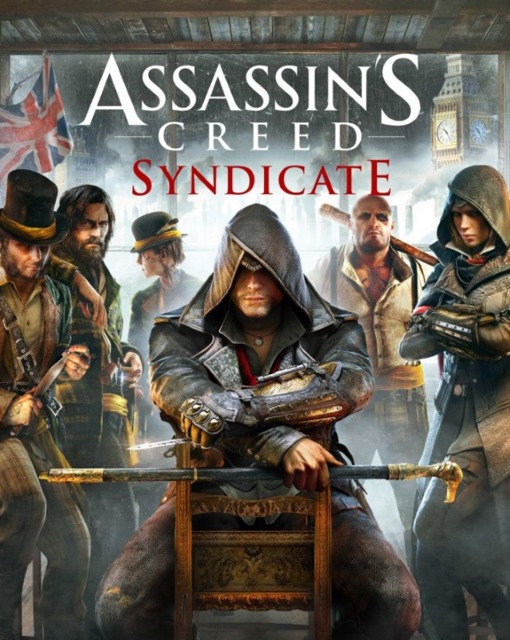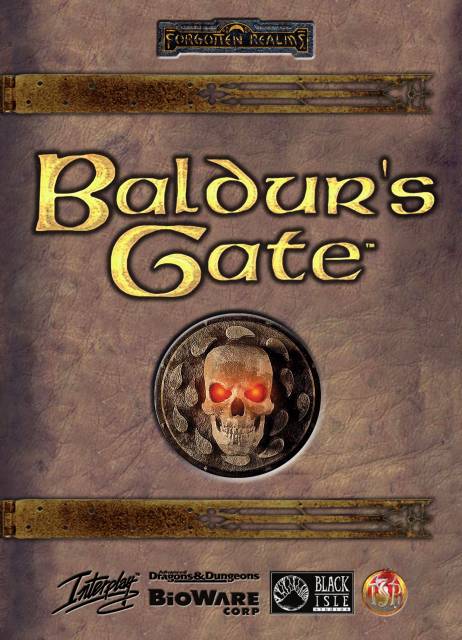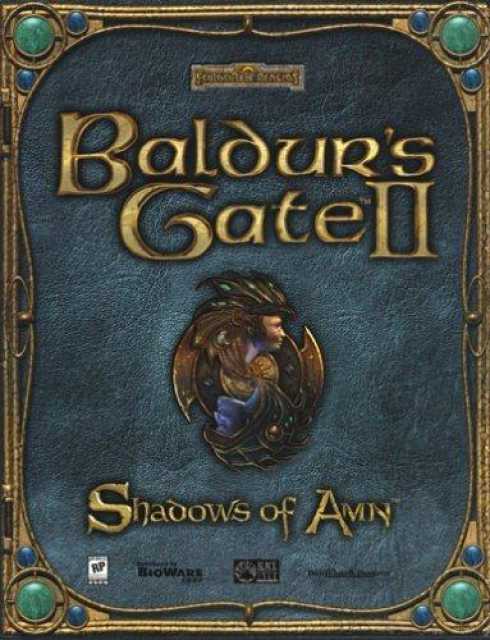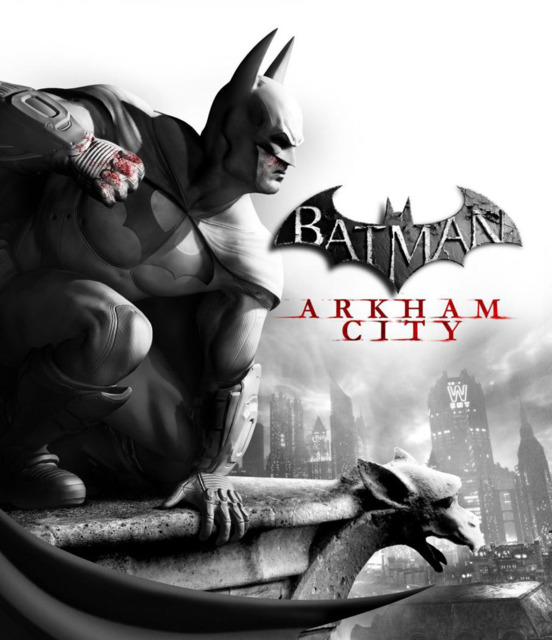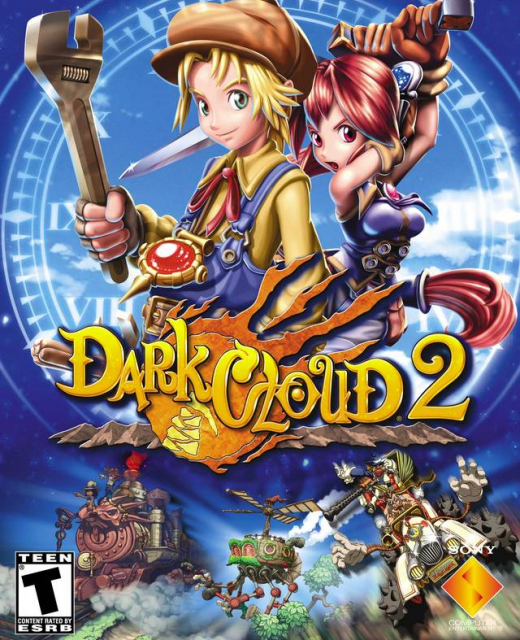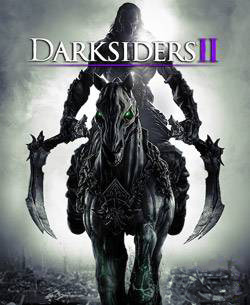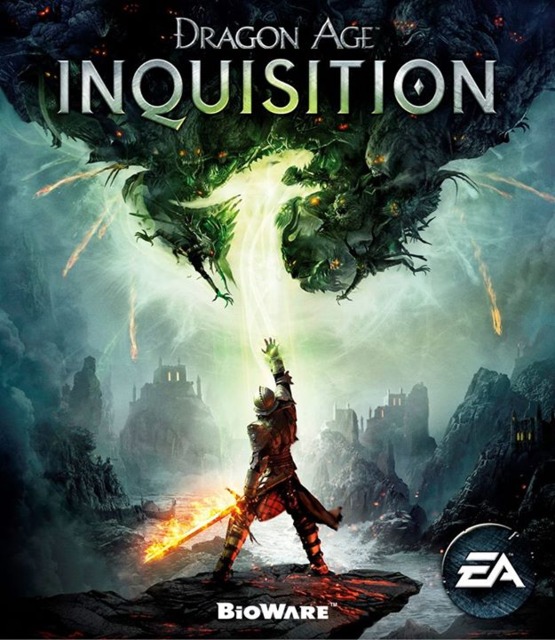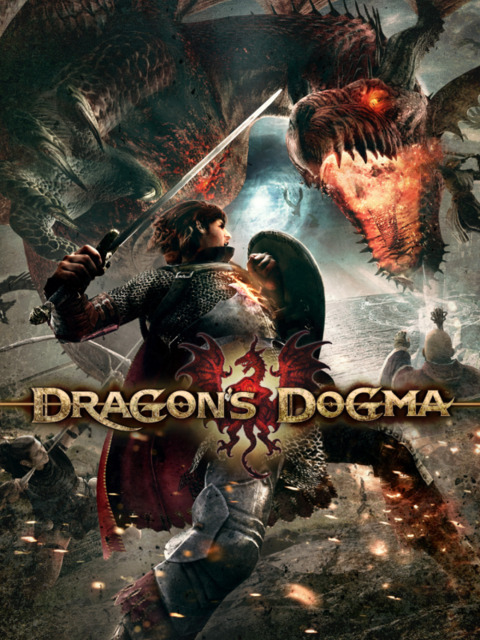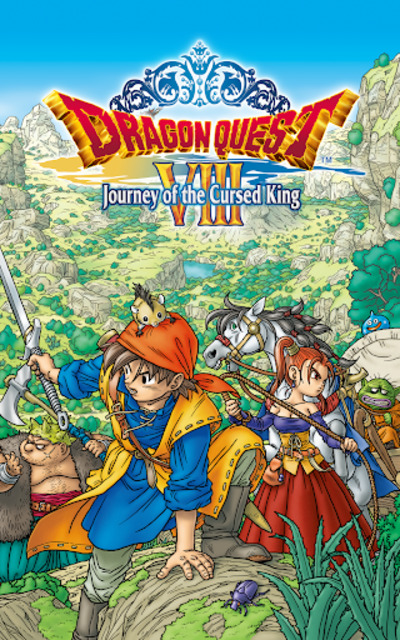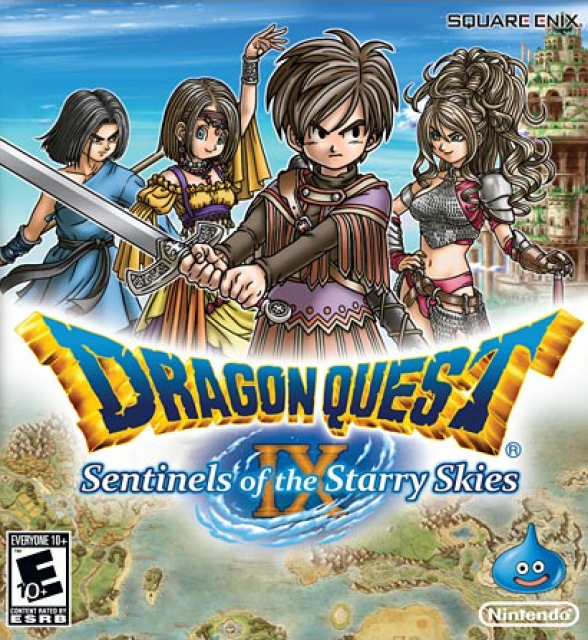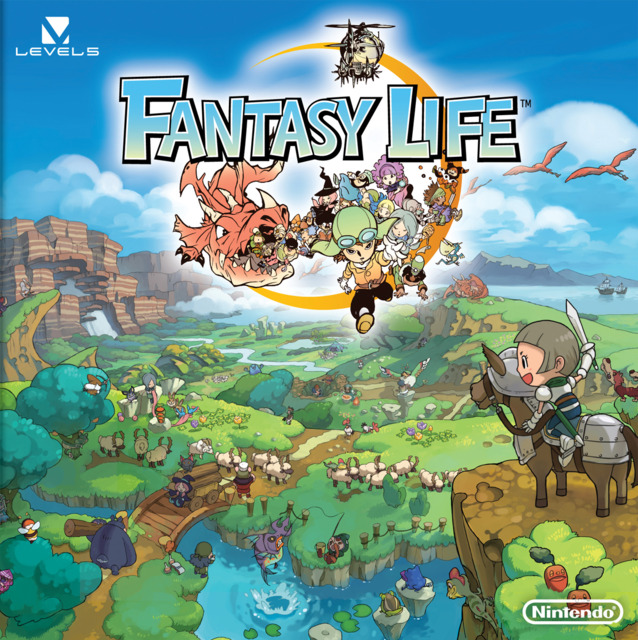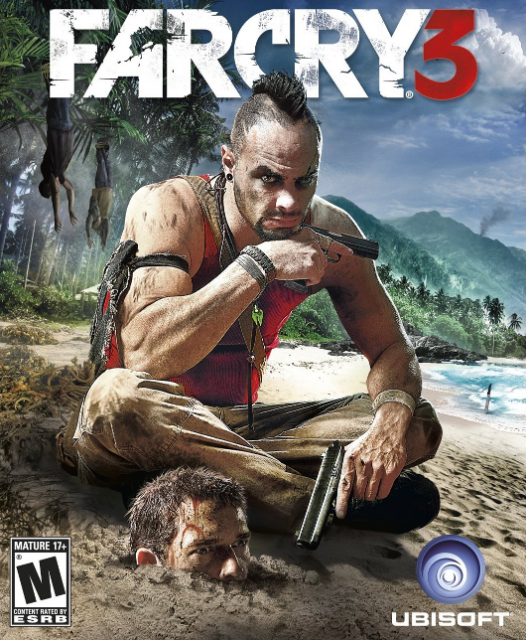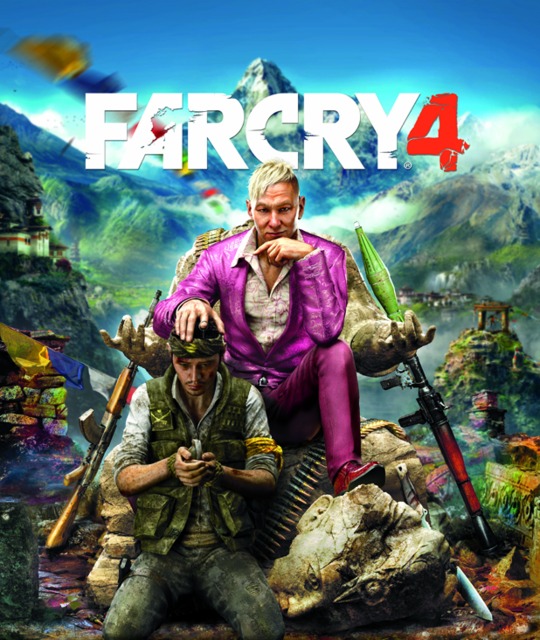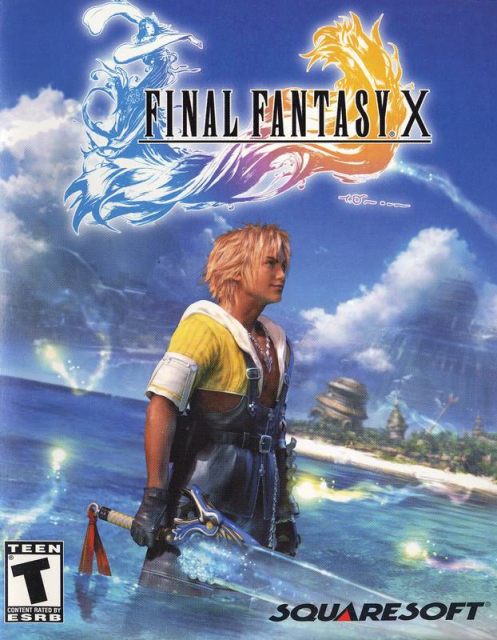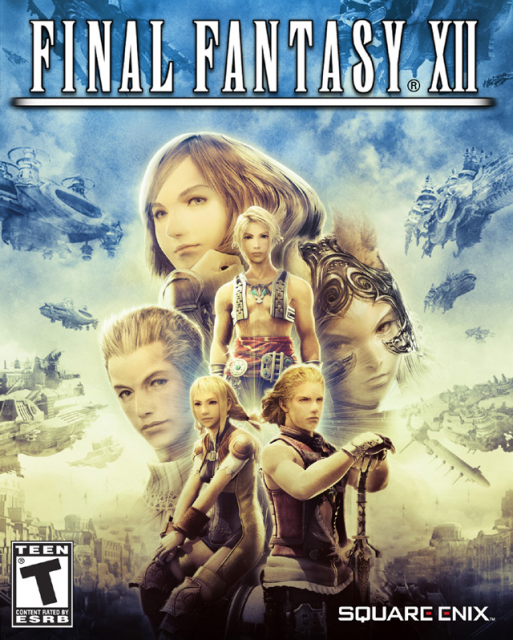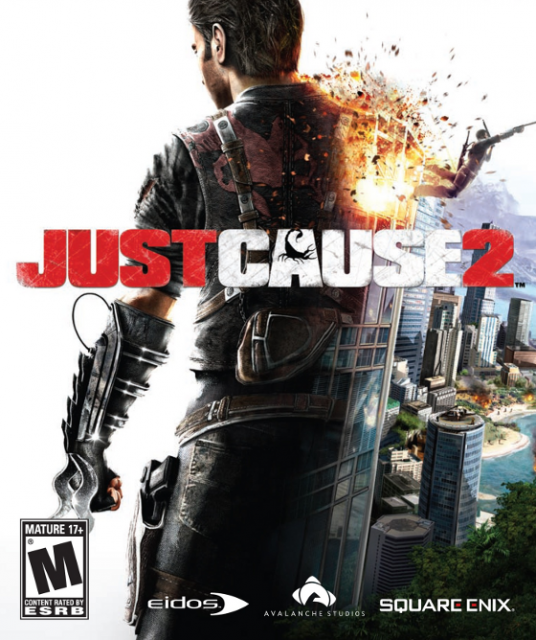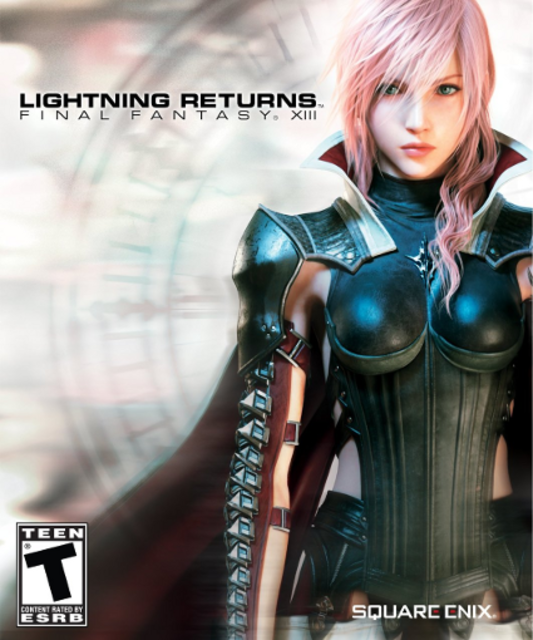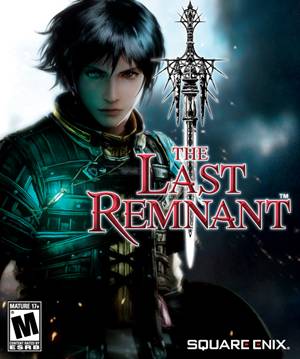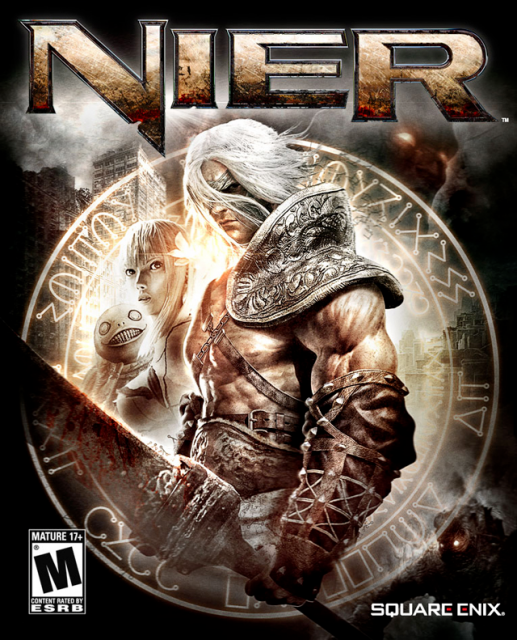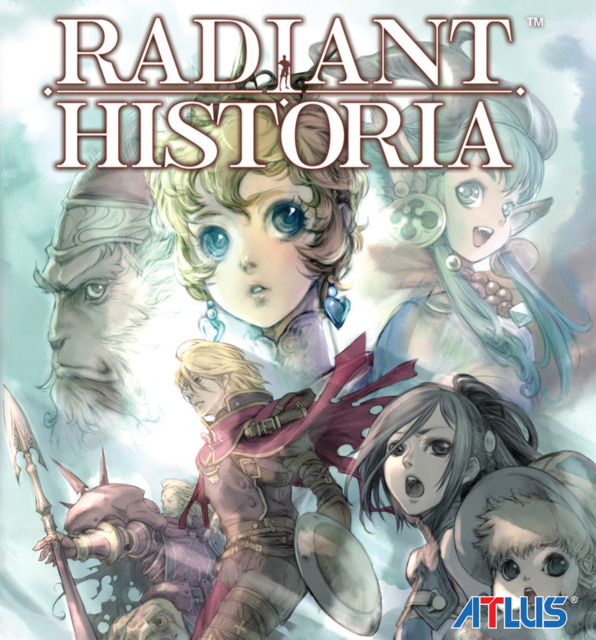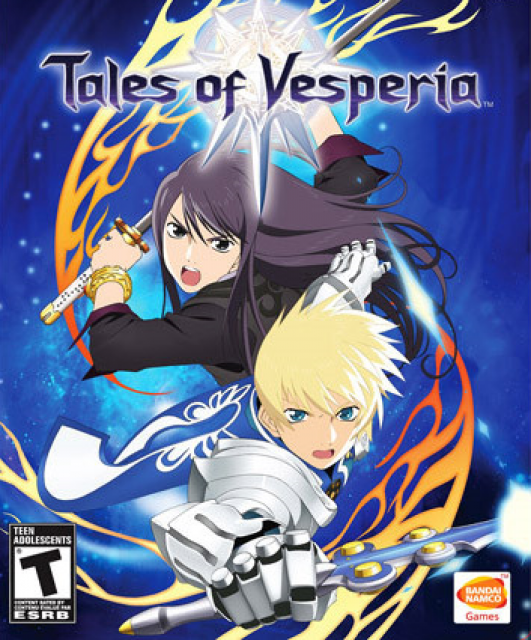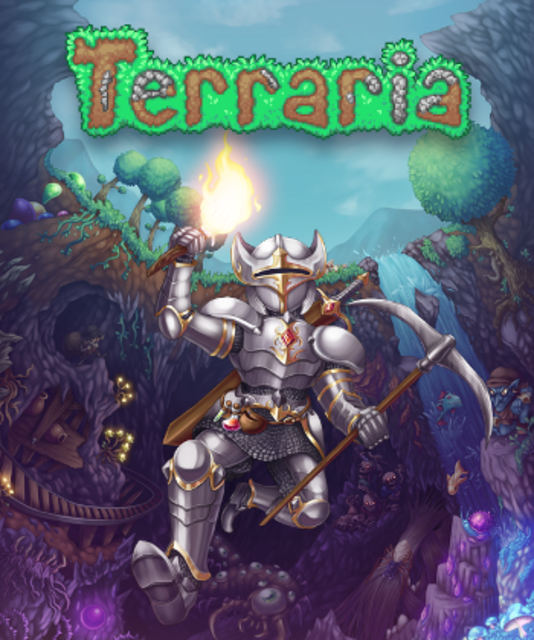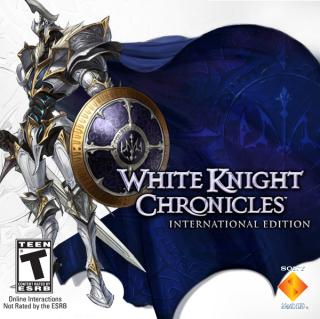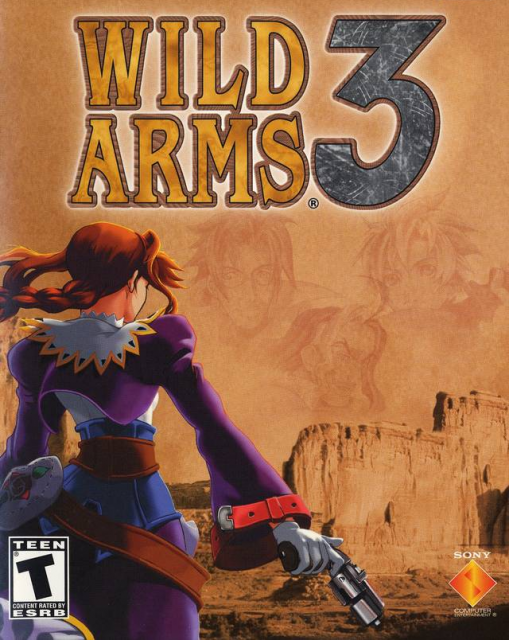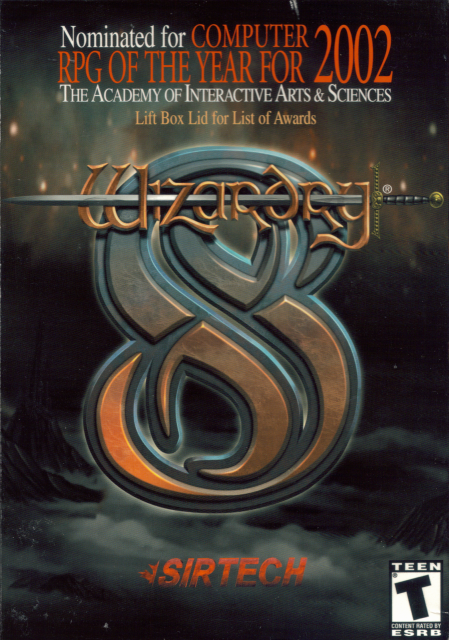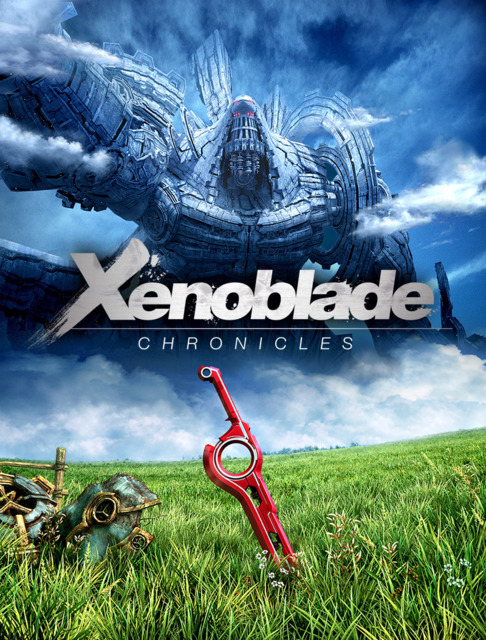The Completionist's Lament
Completionism is an odd psychological compulsion that you either have or cannot possibly understand. I couldn't even try to armchair psychoanalyze it myself, honestly, only that I feel obligated to 100% a game that I'm enjoying before it ever feels truly complete enough for me to move on. It's for that reason I can only usually play one game at once, and that playthroughs can sometimes take weeks.
However, I will happily drop a game for numerous reasons, and one of those is when I'm able to take a step back and see the amount of unpalatable farming, grinding or busywork ahead of me to achieve that "platinum" (either figuratively or literally, depending on the system) state. That also goes for replaying any game with a sufficiently high amount of optional content, even those that would otherwise be considered firm favorites.
The following is a list of games and franchises that I could never see myself revisiting simply because their completionist requirements are far too steep. In essence, this is a companion piece to my earlier Completionist's Complaint article about the (non)difficulties of living with Caravella Syndrome, or Vindrome (all hail the new flesh?) for short.

